Inflammatory Bowel Disease (IBD) in Cats

Overview
All featured products are chosen at the discretion of the GreatPetCare editorial team and do not reflect a direct endorsement by the author or reviewer.
Cats are notoriously picky eaters, but sometimes their digestive issues are more significant than just refusing a new food flavor. Cats may get upset stomachs for many reasons, from eating too fast to trying new medications or nibbling on something they shouldn’t have, like a toxic houseplant. And for some cats, gastrointestinal issues can become chronic, possibly due to inflammatory bowel disease.
What is Inflammatory Bowel Disease in Cats?
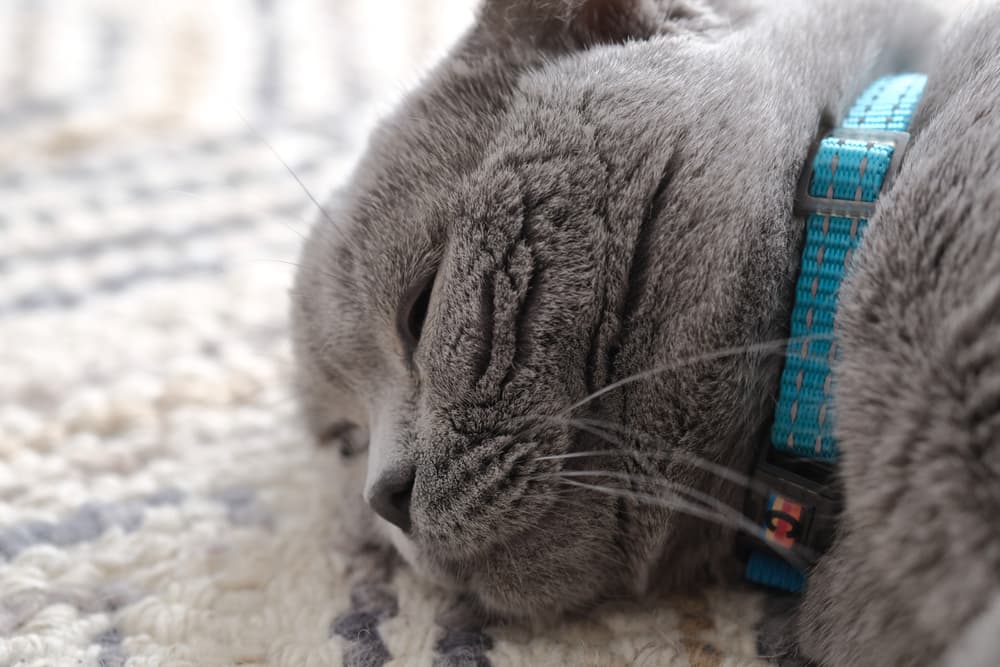
Feline inflammatory bowel disease (IBD) occurs when a cat’s GI tract becomes chronically irritated or inflamed.
According to Dr. Sarah Machell, lead veterinarian and medical director of the online vet service Vetster, IBD is an abnormal increase of inflammatory white blood cells within the linings of the small bowel that disrupts digestion. Cats with IBD may experience a host of GI issues and can develop IBD at any age, but it tends to appear less frequently in very young or very old cats, Machell says.
Some cat breeds, like Siamese cats, may be genetically predisposed to IBD, says Dr. Michelle Crosier, president of the Delaware Veterinary Medical Association. That said, it can and does show up in any breed or mixed breed of cat.
Types of IBD in Cats
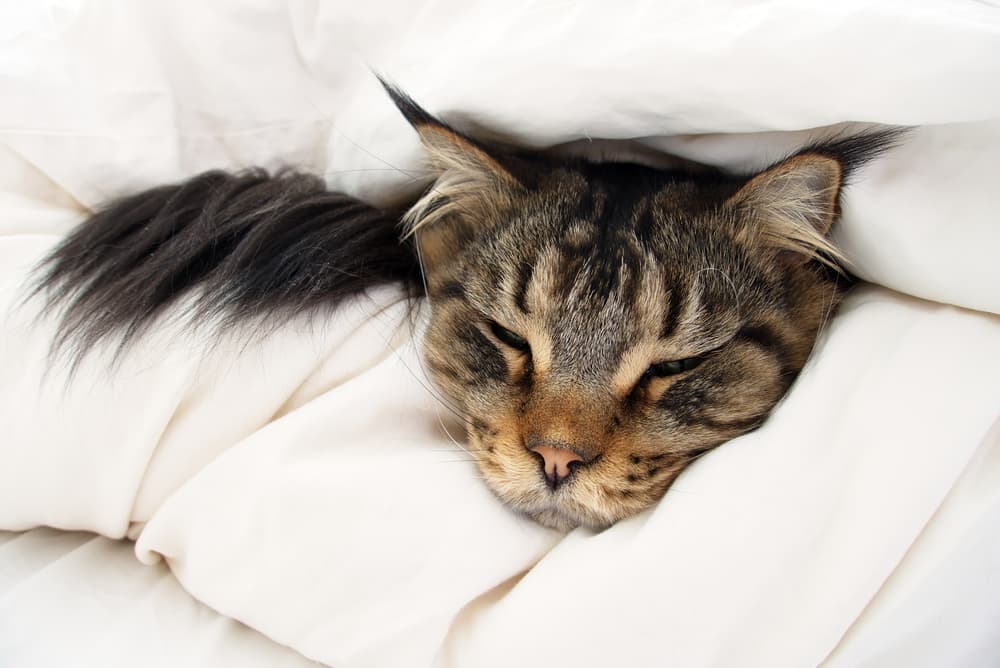
IBD can take different forms in cats, depending on which part of the GI tract is affected. These are the different types:
- Gastritis: when the stomach is inflamed
- Enteritis: when the small intestine is inflamed
- Colitis: when the colon (also known as the large intestine) is inflamed
- Lymphocytic Plasmacytic Enteritis: the most common form of IBD, named for the specific type of inflammatory white blood cells present in the small intestine
- Eosinophilic: the second most common form of IBD in cats, also named for the type of inflammatory cells invading the small intestine
Causes of Inflammatory Bowel Disease in Cats
No one has discovered a definite cause of IBD in cats yet. Because it’s likely related to inappropriate immune system response, there can be multiple factors that come together, Machell says. These include:
- Bacterial or parasitic infections in the gut, such as giardia, E. coli, salmonella or tritrichomonas
- Diet, including food allergies or intolerances
- Genetic abnormalities
- Immune system issues
- Environmental factors
Symptoms of IBD in Cats
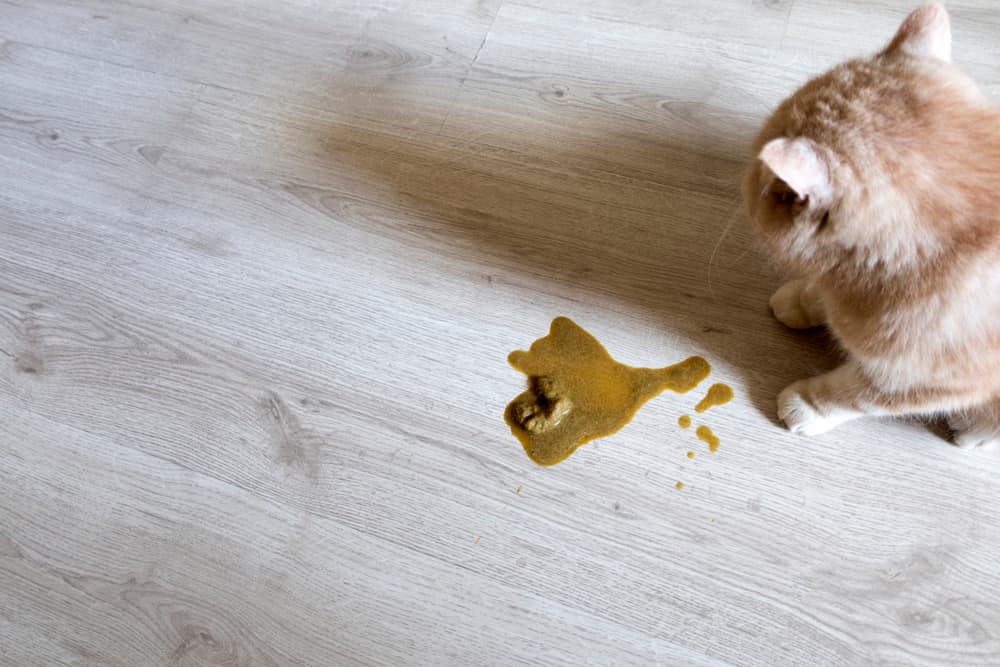
Machell says a common misconception among pet parents is that vomiting is normal for cats. It isn’t—and in fact, she says, it’s one of the most common symptoms of IBD in cats. Other signs may include:
- Chronic or intermittent diarrhea
- Constipation
- Weight loss
- Decreased appetite
- Poor coat quality
- Gas
According to Crosier, there is no progression of stages for IBD in cats. Some may have mild symptoms for a long time. Others may have severe symptoms that get worse quickly. Machell adds that a cat’s IBD symptoms can even wax and wane over time, tilting between mild to more severe, especially in times of stress.
Diagnosing Inflammatory Bowel Disease in Cats
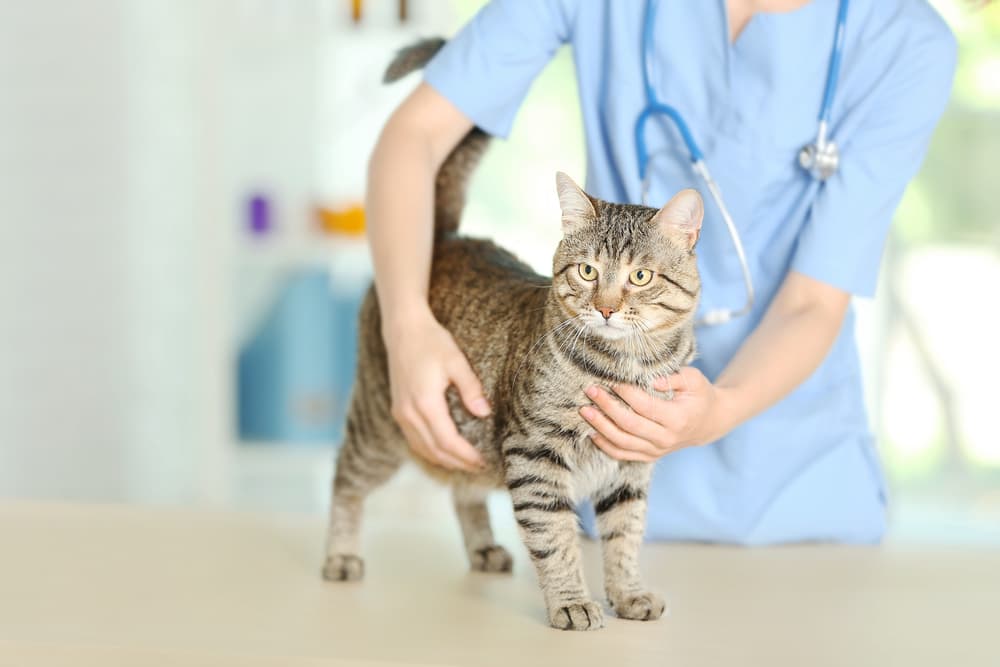
In cats, “IBD is often a ‘disease of exclusion,’” Crosier says. Many of its symptoms can appear due to other diseases, making diagnosis difficult. Your veterinarian will first have to rule out other conditions—including endocrine disease, food intolerances, feline leukemia, a bacterial or viral infection, cancer, or parasites.
Bloodwork may also be done to look for abnormal blood protein levels or other marks of inflammation, Machell says, but not every cat with IBD has irregularities in their bloodwork.
Abdominal ultrasounds may also be given, and if that shows any indication of IBD, a biopsy of the intestine or the stomach will provide definitive proof. In fact, a gastrointestinal biopsy is the only way to know for sure that a cat has IBD, but Machell says some cats may start treatment before taking that invasive step.
“If the pet starts feeling better—vomiting less, gaining weight, less diarrhea—then it’s a diagnosis by response treatment,” she adds.
Life Expectancy for Cats with IBD
“Mild to moderate forms can be successfully managed for years with dietary changes and medications,” Crosier says. “But more severe forms may be more difficult to manage.”
Machell says that if a cat is vomiting often and losing weight quickly due to IBD, that could shorten their lifespan and affect their quality of life. Uncontrolled IBD in cats can also progress to secondary pancreatitis or certain cancers, which would further affect life expectancy.
“Some cats with intermittent, mild symptoms can hover there for their entire lives,” Machell says.
Treating Inflammatory Bowel Disease in Cats
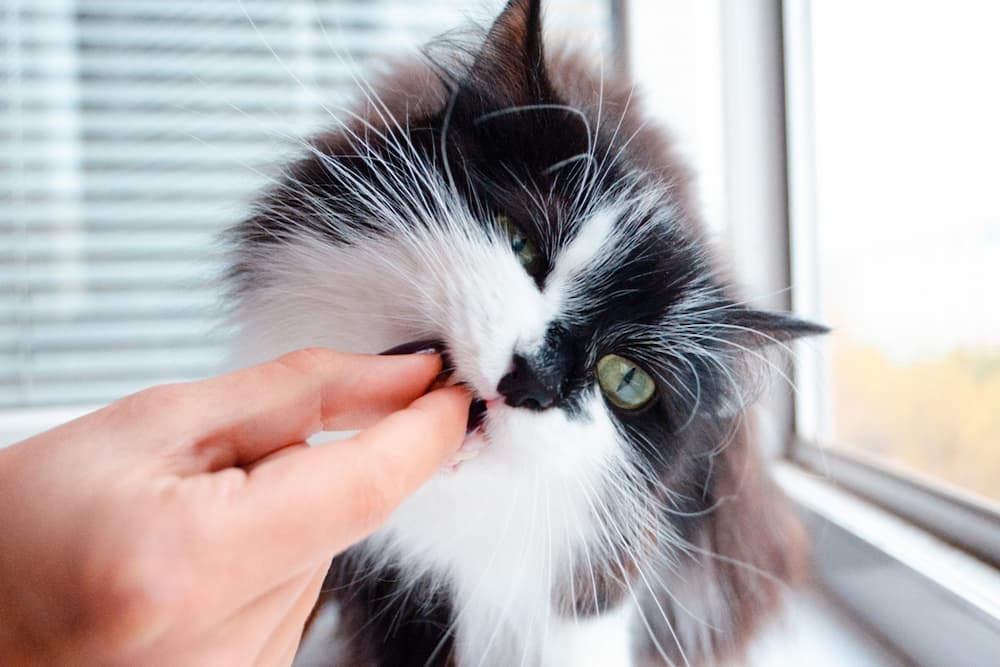
Treatment depends on how severe a cat’s IBD is, and there is no single best treatment. Crosier says that some cats may only require a diet change and added probiotics to manage their IBD, while others may need anti-inflammatory medications, vitamin injections, or immunosuppressive medications.
Machell often recommends hypoallergenic prescription diets for cats with IBD since they cause less irritation and inflammation in the gut, and they help rule out adverse food reactions if symptoms resolve with the food change.
Medications for IBD in Cats
- Metronidazole: an oral antibiotic that is often the first-line medical treatment for cats with IBD.
- Corticosteroids: these medications, such as prednisolone, are anti-inflammatory and immune-suppressing.
- Fiber in cats with colitis.
- Omega 3 fatty acids to reduce gut inflammation.
- Stronger immunosuppressants: may be used if nothing else is working.
- Folate and/or B12 supplements: IBD can affect cats’ absorption of these critical vitamins.
General Cost for Cat IBD Treatment
Costs to treat your cat’s IBD will range significantly depending on where you live and the types of treatment required, but Machell estimates it will take a few thousand dollars to get a definitive IBD diagnosis, plus the ongoing costs of prescription food and/or medication.
How to Prevent Inflammatory Bowel Disease in Cats
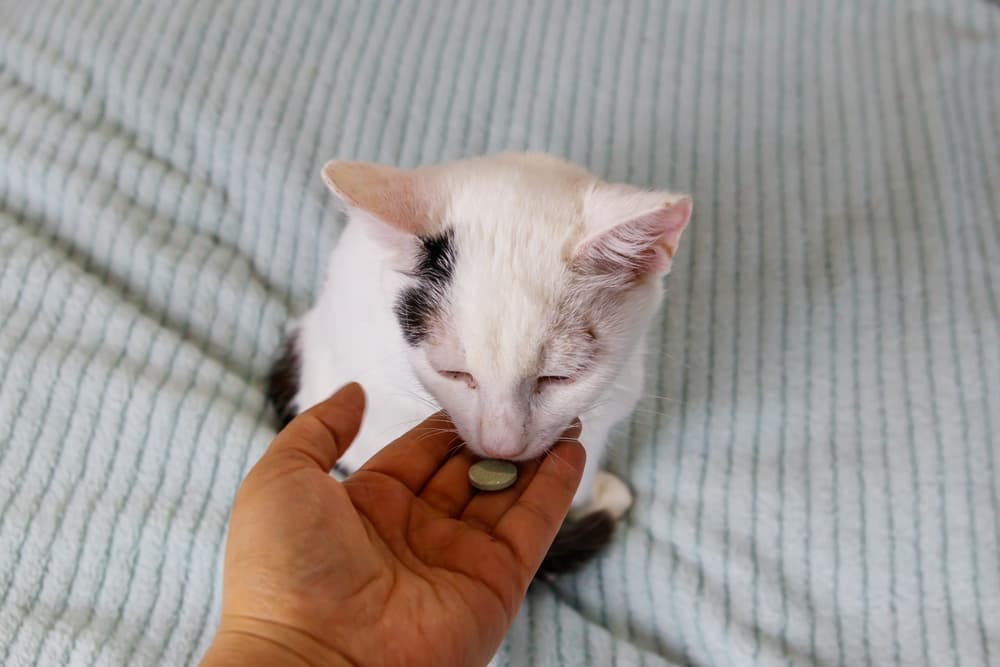
Just as there is no known cause of IBD in cats, there is no known way to prevent it. That said, seeking help at the first signs of GI disease is crucial. And daily probiotics from an early age may help keep your cat’s GI tract healthy and happy, Machell says.
Related Conditions
Cats with uncontrolled IBD may be at risk of developing:
- Secondary pancreatitis
- Intestinal, colon or stomach cancer









